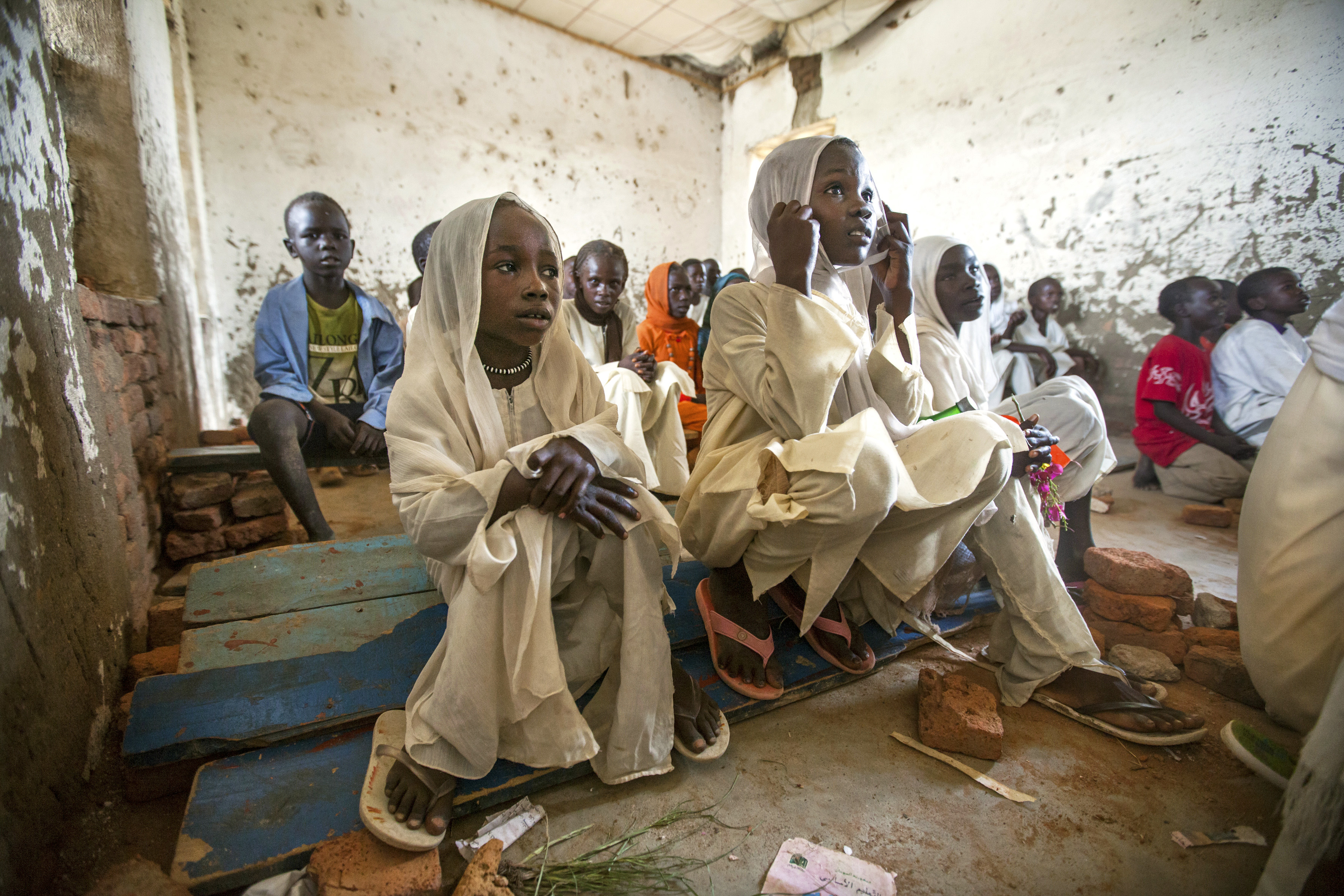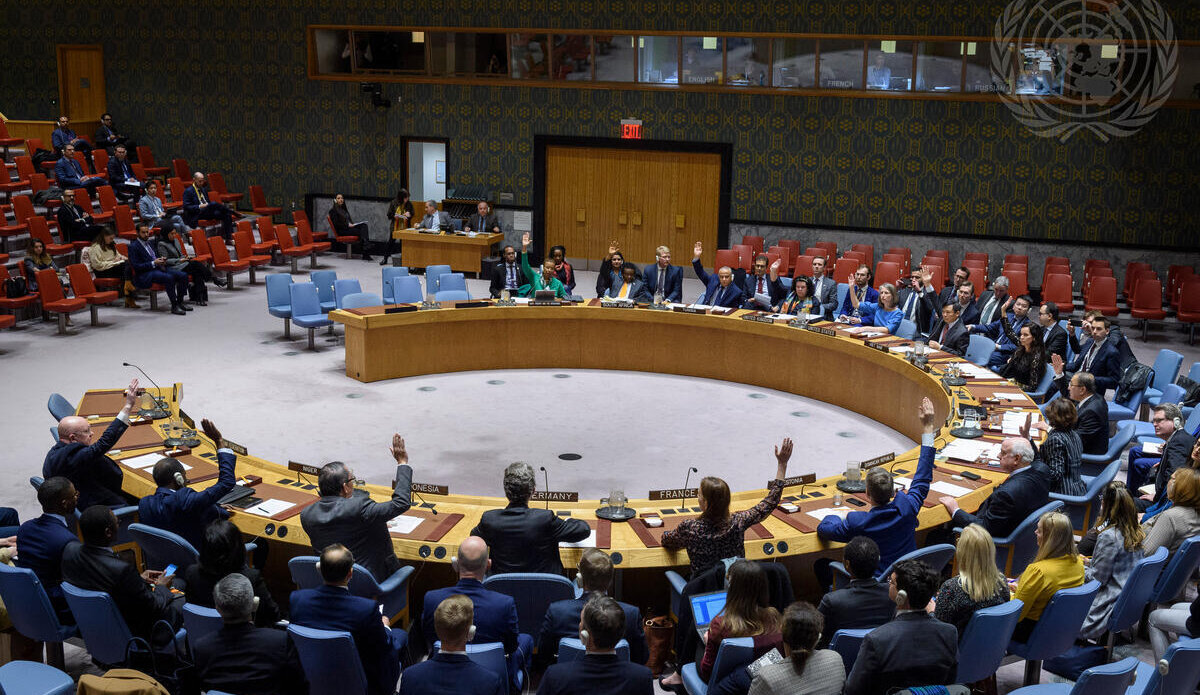

The Secretary-General’s New Agenda for Peace calls for renewed multilateral cooperation and putting women who are uniquely impacted by food insecurity at the centre of peace initiatives in Afghanistan. They overlap with those that have been proposed by others during the course of our debate, and in particular with those proposed by the United Nations Famine Prevention and Response Coordinator.įirst, this Council should take concerted action to tackle the drivers of conflict and invest in inclusive, sustainable peace. So in that spirit, I want to join others in focusing on actions and propose three.


The message was clear: act now to prevent further deterioration. Last week, the Council met to discuss the UN’s warning on rapidly deteriorating food security in Haiti, DRC and Burkina Faso. I also want to thank Reena Ghelani, David Miliband and Navyn Salem, for bringing your expertise – and critically, your proposals for action to the Council since 2021.Īs we’ve all heard, the number of people facing acute food insecurity has skyrocketed from 193 million to over a quarter of a billion today.Īnd as we’ve heard, conflict is the main driver. Let me start by welcoming you and your team to the Security Council presidency and thank the US presidency for bringing the issue of food insecurity back to this Council following Security Council Resolution 2417.



 0 kommentar(er)
0 kommentar(er)
